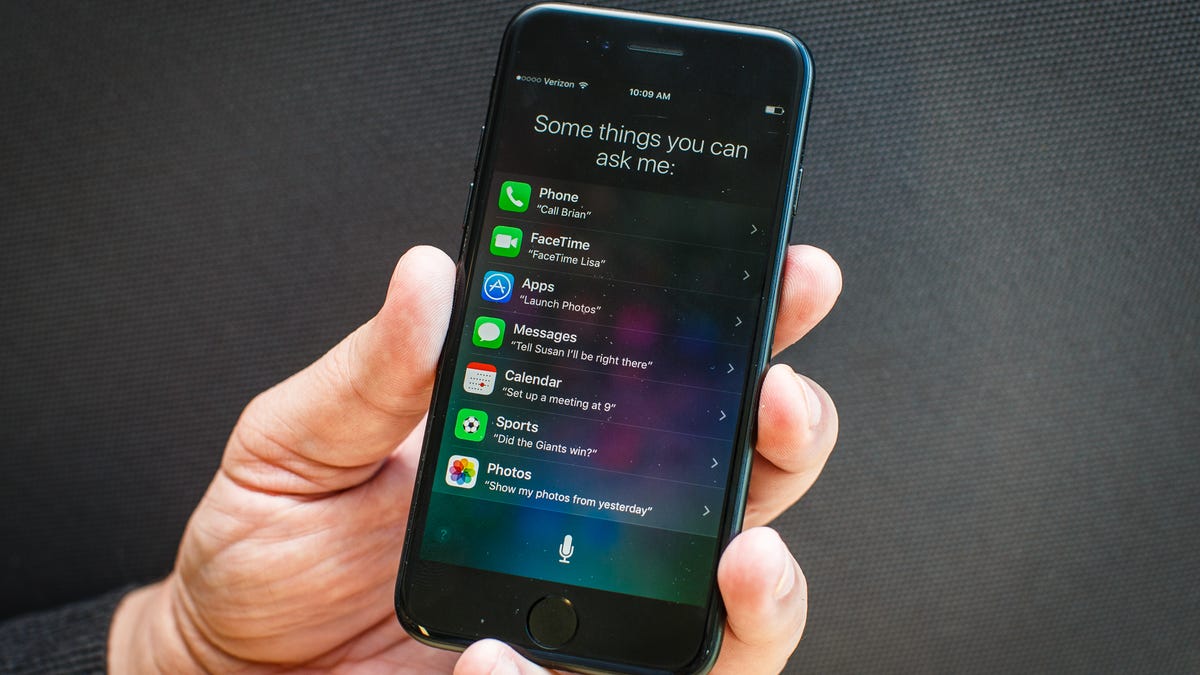Qualcomm wants Apple manufacturers to pay up
The chipmaker doubles down on its defense against Apple's lawsuit and requests an injunction against iPhone and iPad manufacturers.
It's been nearly a month since Apple stopped paying royalties to Qualcomm , and the chipmaker isn't stoked.
After suing Apple's iPhone and iPad manufacturers last week, Qualcomm on Wednesday filed a request for a preliminary injunction with a US District Court in California. It seeks to make these manufacturers, including Foxconn, pay licensing fees to Qualcomm during the legal battle started last week over those fees.
Some catch up: Qualcomm's intellectual properties are essential for connecting phones to wireless networks. To use these IPs, Apple pays its manufacturers, who then pay Qualcomm. However, Apple last month said it would stop paying these fees, due to an ongoing lawsuit between the two companies, which led to iPhone and iPad manufacturers not paying Qualcomm. The chipmaker last week sued four of Apple's manufacturers.
"We seek an order that the manufacturers comply with their obligations to pay for the intellectual property they continue to use for the benefit of Apple," Don Rosenberg, Qualcomm EVP and general counsel said in a statement. "We are confident that our contracts will be found valid and enforceable but in the interim it is only fair and equitable that our licensees pay for the property they are using."
The filing says Qualcomm hopes to maintain "the long-standing status quo," adding "without preliminary relief, Qualcomm will suffer irreparable harm." Qualcomm said the licensing fees Apple and its manufacturers are withholding amount to billions of dollars.
That's one of two filings the San Diego-based company made on Wednesday. Qualcomm has also doubled down on its defense against Apple's January lawsuit, in which Apple claims Qualcomm overcharges for its licensing fee.
Adding to counterclaims made last month, Qualcomm has said that Apple's refusal to pay royalties was an unlawful attempt to make Qualcomm compromise.
"By withholding billions of dollars in royalties so long as Qualcomm defends itself against Apple's claims," the filing read, "Apple is hoping to make litigation unbearable for Qualcomm and, thereby, to extract through a forced settlement what it knows it cannot obtain through judicial process -- a belowmarket direct license."
For its part, Apple alleges Qualcomm didn't give fair licensing terms for its technology. Apple also said Qualcomm sought to punish it for cooperating in a South Korean investigation into Qualcomm's licensing practices by withholding a $1 billion rebate. Apple wants a court to lower the amount it pays Qualcomm in licensing fees, as well as order the return of the $1 billion.
"The reason that we're pursuing this is that Qualcomm's trying to charge Apple a percentage of the total iPhone value," Apple CEO Tim Cook said during the company's Q2 investors call. "And they do some really great work around standards-essential patents , but it's one small part of what an iPhone is. It's not -- it has nothing do with the display or the Touch ID or a gazillion other innovations that Apple has done. And so we don't think that's right, and so we're taking a principled stand on it."
Late last month, Cook said Apple has attempted to reach a licensing agreement with Qualcomm "for more than five years," adding "Qualcomm's demands are unreasonable and they have been charging higher rates based on our innovation, not their own."
Life, Disrupted: In Europe, millions of refugees are still searching for a safe place to settle. Tech should be part of the solution. But is it? CNET investigates.
Does the Mac still matter? Apple execs tell why the MacBook Pro was over four years in the making, and why we should care.




